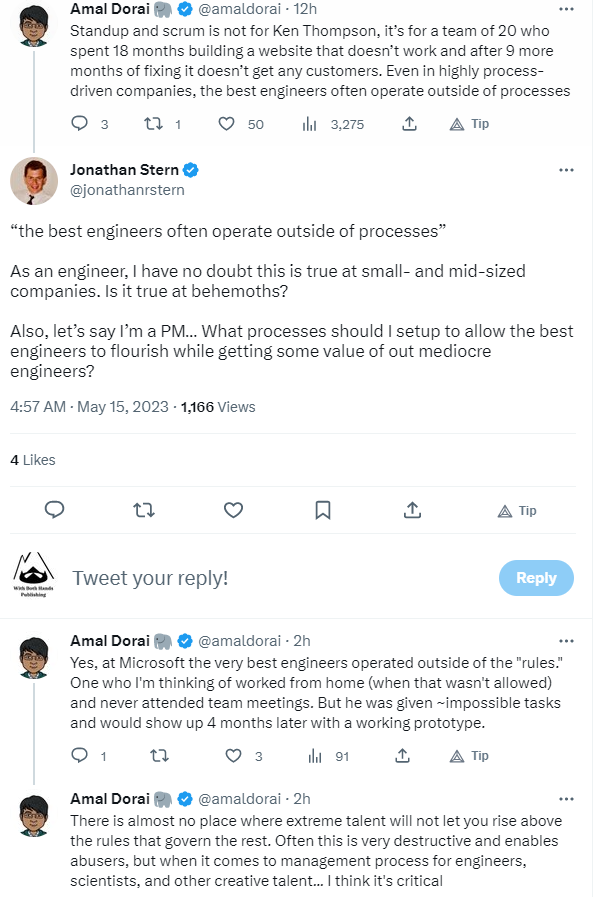Critical Thinking
Browsing through the comments on the last post I linked to, I was struck by the first one:
Based on my grad and undergrad at elite schools (and classes taken at an excellent community college and excellent regional university while I was in high school), my belief was that college taught you how to think instead of just how to memorize. You would think like a mathematician or an economist or an english major or an artist etc. You would approach problems differently, but systematically and in a similar way to other folks in your major.
Now that I teach graduate students at a solid but not elite school, I understand degree creep and why so many employers favor the masters degree over the BA these days. A lot of what I do is teaching students to think rather than to just memorize facts. The first semester is major cognitive dissonance for most (but not all) of them, but they come out critical thinkers.
So prior to teaching I would have said a college degree teaches and demonstrates thinking skills, but as a teacher I realize that many 4 year schools are just 4 more years of high school.
This is bullshit. Or bollocks if you prefer.
How do I know this is bullshit? You would be hard pressed to find a school in the United States at any level from primary to tertiary that requires much in the way of memorization. All educational theory is against memorization, and all educators at all levels are constantly trying to find ways to encourage their students to understand concepts instead of memorizing facts. There is always some memorization to rail against, because memorization is a key part of education and cannot be expunged, but it is deemphasized at all times and in all places.
Don't believe me? If you are under the age of forty, then name all fifty state capitals. Can you do math in your head? Can you recite the entirety of the Gettysburg address from memory? Can you recite any poem from memory? What are the principal exports of Malayasia? Some people of about my age or a little older can do these things, probably the nerdy ones. Elite education is still good. However, this ability used to be more widespread.
It is notable that this fantasy is contrasted with the sine qua non of modern American education: critical thinking. Critical thinking cannot be taught. Well, let me correct myself. The ideal of critical thinking cannot be taught. The simulacrum that most people actually refer to is taught quite well.
Almost everyone that I have ever heard use the phrase does not actually mean that they expect students to be able to form independent judgments by carefully weighing evidence, and to reflect upon their own biases before making a decision. If you asked, most would claim this is what they are after, but if you look and see what criterion is used to determine success you will find that it is "the student forms the same opinions I have".
This is precisely wrong. If you succeed at teaching critical thinking, then you should expect your students to disagree with you and with each other. Reality is underdetermined by the facts we have available to us. To think that everyone would agree with you if only they could think straight is the sin of Rawls.
Most students do not learn critical thinking, but rather learn the opinions of their teachers. This is normal. This is why everyone cares about the character of teachers. As C. S. Lewis noted in The Abolition of Man, education is fundamentally like the process by which grown birds teach young birds how to fly. It is a kind of propagation. Your mind is passed down to your students.
What a true university education is capable of teaching is analytical thinking. The ability to construct (or deconstruct) an argument. The ability to reason abstractly, using words or numbers. Enough detailed knowledge of the world to use as premises for further reasoning. This is not the same as the rarer critical thinking. One can be capable of forming good judgments without formal education, and one can also be a great fool despite extensive education. I would be willing to believe that a good education can foster good judgment, but it is far from a sure thing.


Comments ()